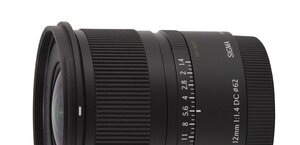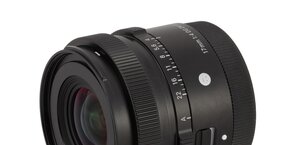Carl Zeiss Batis 40 mm f/2 CF
5. Chromatic and spherical aberration
Chromatic aberration
Photos below show clearly that the Batis doesn't have any problems with longitudinal chromatic aberration. Out-of-focus areas feature not especially visible colouring, no matter what aperture you employ. |

Please Support UsIf you enjoy our reviews and articles, and you want us to continue our work please, support our website by donating through PayPal. The funds are going to be used for paying our editorial team, renting servers, and equipping our testing studio; only that way we will be able to continue providing you interesting content for free. |
- - - - - - - - - - - - - - - - - - - - - - - - - - - - - - - - - - - - - - - - - - - - - - - -
As you can see, the level of that aberration decreases slightly on stopping down the aperture. Still, even the maximum values never exceed 0.03-0.05% so a level considered by us as very low. It means photographs taken with the Batis should be free of any traces of chromatic aberration.
| A7R II, RAW, FF, f/2.0 | A7R II, RAW, FF, f/11.0 |

|

|
Spherical aberration
First photos of this chapter show a slight shift of depth of field toward greater distances on stopping down – it means the lens has some focus shift effect. Not perfectly corrected spherical aberration can be also noticed when you look at circles of light reached before or after the focus. One of them has a noticeably lighter rim than the other one – a classic symptom of spherical aberration.
| A7R II, f/2.0, before | A7R II, f/2.0, after |

|

|
Taking photos from closer distance you can notice that, even at the maximum relative aperture, circles of light are not round, with visible aperture blades. That effect disappears only at greater distances (above 50 cm) but it shouldn't bother you. The Zeiss Batis 2/40 sticks out among its rivals with an exceptionally short minimum focusing distance so it is also plagued by features typical for macro lenses which, while taking photos from a close distance, are usually slower than their relative aperture, declared on the barrel, might indicate.
| A7R II, f/2.0, 24 cm | A7R II, f/2.0, 30 cm |

|

|
| A7R II, f/2.0, 40 cm | A7R II, f/2.0, 50 cm |

|

|






